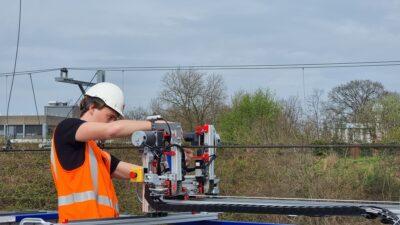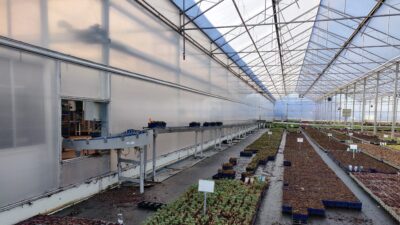Researchers of Delft University of Technology are set to receive an EU grant of €7.6 million to develop open-source robotics software. The move will bring smart industrial robots within the reach of companies, since half of the budget will be available for partners in industry willing to work on the development of applications.
ROS-Industrial
The new ROSIN (ROS-Industrial quality-assured robot software components) project is being funded by a grant from the European Horizon 2020 programme and coordinated by Delft University of Technology. The European grant is supporting the worldwide open-source project ‘ROS’, which stands for ‘Robot Operating System’. It will be used on software to enable robots to see, understand 3D images and even come up with their own ways of moving quickly and safely.
The advanced scientific algorithms will be made available to everyone free of charge through the international ROS community. The subgroup ‘ROS-Industrial’ will then adapt the software to ensure it can be used reliably in industry.
Budget of €3.8 million for third parties
Delft Univeristy of Technology researcher Gijs van der Hoorn: ‘Half of the ROSIN project budget has been set aside for third parties. Each group of European parties (companies and institutions) can come forward with a good idea for a focused technical project or a new educational activity for ROS-Industrial.’
‘For example: three companies wish to have an ROS software component for automatic polishing. They then need to join forces with a party that can make this software and submit an application to ROSIN, of which 33% of the costs can be subsidised. The call for proposals actually covers much more than just software components: standardisation initiatives, example applications and security and safety audits can also be eligible.’
Partners
In addition to coordinating university Delft, the project partners are: the Fraunhofer Institute for Manufacturing Engineering and Automation IPA and Fachhochschule Aachen in Germany, IT University Copenhagen, robotics company ABB in Sweden and Tecnalia research institute in Spain. The partners will work on improving software quality (and tools to achieve that), training students and employees from industry and further expanding the user group for ROS software.
Click here to read the full press release.



